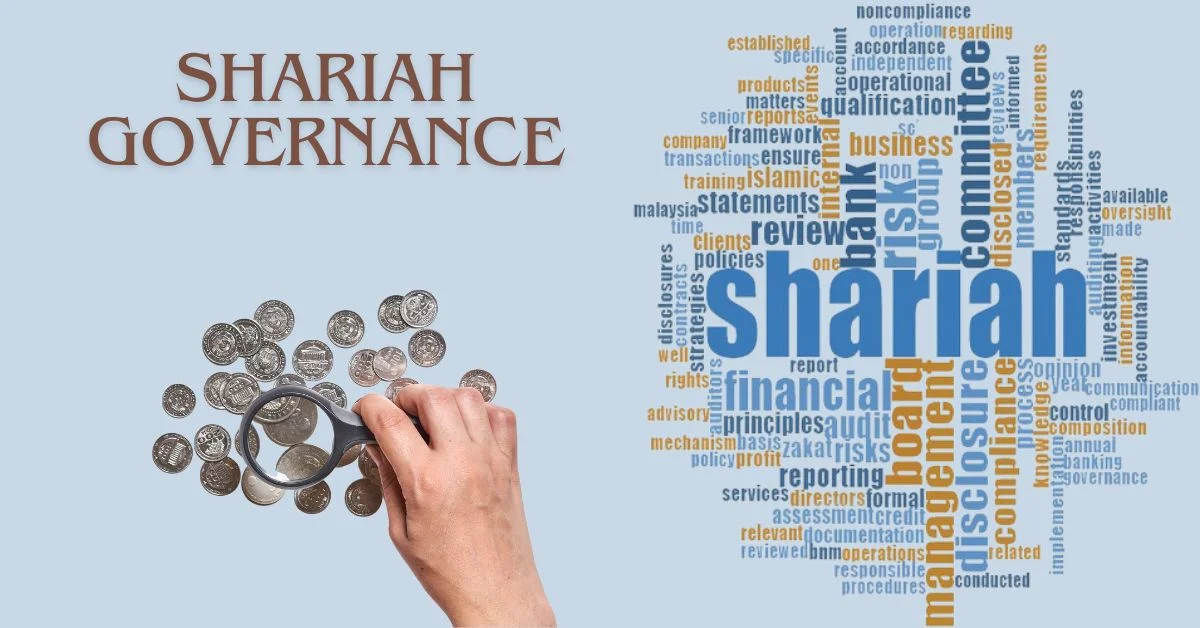Understanding Shariah Governance in Islamic Finance: Key Elements and Importance
Shariah governance is one of the most important parts of Islamic finance. It makes sure that financial institutions and companies follow the rules of Islamic law (Shariah). As this industry grows quickly around the world, investors and partners need to understand the main parts and importance of Shariah governance.
What is Shariah governance?
The set of rules and principles that make sure that businesses and financial institutions follow Islamic law, or Shariah, is called Shariah governance. Making sure that all activities and deals follow the moral and religious rules set out in Shariah is an important part of Islamic finance. Shariah governance includes many things, such as putting together Shariah boards made up of Islamic scholars, checking for compliance through Shariah audits, and hiring Shariah compliance officers to oversee day-to-day activities. Shariah governance’s goal is to protect the honesty, openness, and moral standards of Islamic finance while also encouraging trust and confidence among investors and stakeholders.
Shariah Governance Essentials
- Shariah Board: The Shariah Board is made up of Islamic scholars who are experts in both Islamic law and finance. Its main job is to issue rulings (fatwas) on whether financial goods and activities are in line with Shariah principles. This board, which usually has three to five members, gives official advice on Islamic banking issues.
- Shariah Audit: Specialized Shariah audit firms carry out Shariah audits on their own. They involve careful checks on how financial institutions work to make sure they follow Shariah rules. This process is an important way to make sure that Islamic financial practices are followed and kept honest.
- Shariah Compliance Officer: Shariah compliance officers are very important in making sure that Shariah rules are followed every day in financial institutions. These officers work with the Shariah board and internal audit teams to make sure that all financial goods and activities are in line with Shariah. This keeps trust and credibility high.
Importance of Shariah Governance
- Building Trust and Confidence: Shariah governance stills confidence among investors and depositors by assuring them that their funds are managed according to their religious beliefs. This trust is fundamental for fostering strong relationships and attracting investment within the Islamic finance sector.
- Ensuring Stability and Soundness: By preventing financial institutions from engaging in activities prohibited by Shariah, governance frameworks mitigate risks and contribute to the stability and soundness of Islamic financial institutions. This safeguards the interests of stakeholders and maintains the resilience of the financial system.
- Adaptation to Challenges: As the Islamic finance industry evolves, Shariah governance frameworks must adapt to new challenges and opportunities. Continuous refinement and innovation are essential to address emerging complexities and uphold the integrity of Shariah-compliant practices.
Conclusion
To sum up, Shariah governance is the foundation of Islamic finance. It makes sure that Shariah rules are followed and encourages trust, security, and soundness in financial institutions. As this industry grows, it is important to have a strong Shariah governance system to help people follow the principles of Islamic finance and deal with changing situations. Stakeholders can support long-term growth and protect the purity of Islamic financial practices in a changing world by following the rules of Shariah governance.







